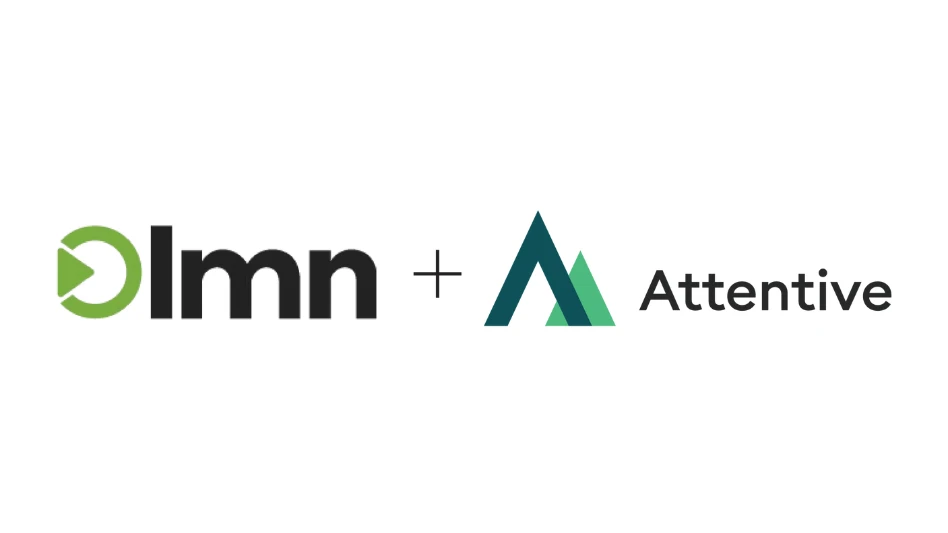QUESTION: I am considering adding irrigation as a new service. Can you give me some ideas on where to begin?
ANSWER: Start by doing some research on the market to determine if there is sufficient demand for this new service in your area. Consider whether irrigation meets your customer or prospective customers’ needs. From a competition aspect, determine how many and what kinds of irrigation competitors are out there and if there will be a significant difference between your service and theirs. Determining the potential market for irrigation work is also important because you certainly don’t want to expend your capital and energy on a service that will not allow for meaningful growth and profits.
| EDITOR'S NOTE: |
|
NOTE: David Minor was founder and former president of Minor's Landscape Services, a $12-million company in Fort Worth, Texas, that he sold to TruGreen-ChemLawn in 1998. In addition to serving the industry as a consultant and speaker, Minor is professor and director of The Entrepreneurship Center at The M.J. Neeley School of Business at Texas Christian University. Readers with questions they would like to ask Minor can fax them to Lawn & Landscape at 216/961-0364 or e-mail them to bwest@lawnandlandscape.com. |
The market research can be done at a minimal cost. Start with your customers or prospective customers. Solicit feedback by creating a survey that addresses all of the previously mentioned questions. Your customers will be great resources, and with prospective customers the survey could double as a marketing piece. One bit of advice: Offer some type of incentive to ensure that you get a good return on the surveys. Maybe a cash drawing, football tickets or whatever you think will motivate those surveyed to respond. This will also help convince them to include their name and address on the survey, which helps build a potential customer database.
Customer or potential customer focus groups are also good research tools in evaluating this new service line. In fact, I’ve found them to be the most beneficial research methodology available. Some general questions to consider may include: When do they buy irrigation services? What irrigation services do they buy? How do they select an irrigation contractor? Why do they buy irrigation services?
Be prepared with follow-up questions to ensure that you get the most value out of everyone’s time and you get the information you need. An added benefit to holding a focus group is the positive perception customers gain in these meetings – they can see you are sincerely interested in their ideas, and that pays off in the long run.
From an operations perspective, you also will need to learn the technical issues related to performing irrigation work and acquire valuable certifications. I strongly suggest joining the Irrigation Association (703/536-7080, www.irrigation.org). Like many of the other trade associations that serve various disciplines of the green industry, the IA is the place to obtain information.
Go to or send your key people to the association meetings, and make sure you attend both the conference and trade show to network with contractors and exhibitors. They will be your best source of information on how to get started. Prepare in advance of the meeting by identifying the questions you want answered and make it your mission to get responses.
You should also talk to area irrigation distributors about the training they offer. If the distributors can help you become a successful contractor, then they stand to profit by selling you product. This is a great way to form a win-win relationship.
Learn who the industry consultants are and talk with them. Consider bringing in one or two to help you evaluate this new opportunity and implement systems that will accelerate your learning curve and boost profits.
Read everything you can get your hands on about the field. Become a student of irrigation. Tapes and videos are available for a nominal fee.
Lastly, a word on positioning. Whether it is this service or any other you may pursue, deciding on a market position is critical. For example, will you be the high-cost, high-value provider? Or will you be the lower-cost provider that meets financial goals through greater volume? Whatever direction you choose, be clear in the market and with your people. Develop a service that stands for one thing, and make that service mean something to your potential customers.

Explore the November 2000 Issue
Check out more from this issue and find your next story to read.
Latest from Lawn & Landscape
- Davey Tree promotes Kevin Marks as VP of Western operations
- Bobcat Company names 2025 Dealer Leadership Groups
- Green Lawn Fertilizing/Green Pest Solutions awards employee new truck for safe driving
- “It’s Been a Game-Changer for Us”
- Beyond symbolic
- When it's time to take a sabbatical
- Webinar: Beyond the flashy AI headlines
- Mariani Premier Group acquires Liliput in Los Angeles




